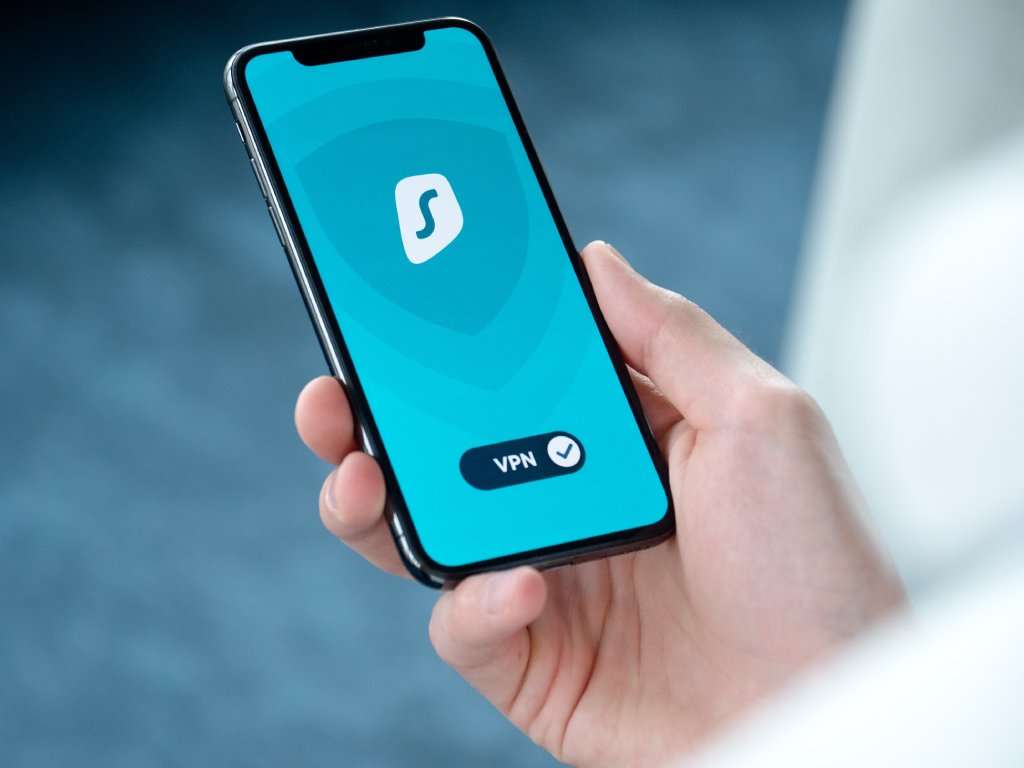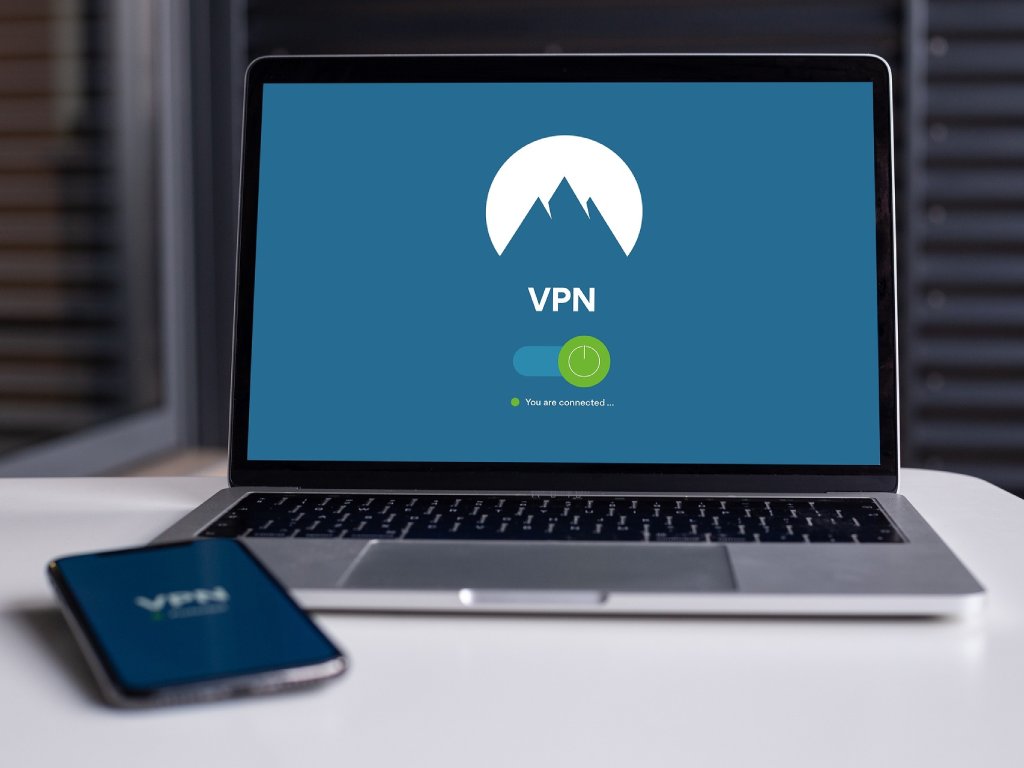If you are wondering whether using VPN is a good option or is legal, we have answered the question throughout this article.
What occurs when you connect to a virtual private network might be perplexing at best and suspicious at worst for the typical user. You may use a VPN service to keep prying eyes off your web activities, but what’s happening behind the scenes? How do you know the service is dependable?
VPNs have been around for a long time. Virtual private networks, which banks and large organizations have long used to connect personnel across the country, are essentially private tunnels between your computer and a server situated elsewhere. VPN use is legal everywhere around the globe, with a few exclusions. In addition, there are no limitations to how you can use your VPN service. Most VPN services will offer numerous methods to secure your identity while connected to ensure your safety and anonymity.
Although VPN usage is entirely lawful, any illicit behavior carried over the Internet is still illegal whether or not you utilize a VPN. For example, while a VPN can hide your activity from your Internet service provider and mask your logs, torrenting unlicensed copyrighted material while using a VPN is illegal.
When you access and connect to the Internet, you do it directly through the network access point of your Internet Service Provider (ISP). All Internet service providers own and support this technology, which allows you to access the World Wide Web. Your ISP assigns an IP address to whichever device you use to connect to the modem they offer when you do this. Most of the time, the IP address assigned to you by your Internet service provider is unique to that modem.
When you connect a router to your modem device, the router can assign local IP addresses managed by the primary router. Even so, your ISP sees all traffic coming through the IP address given to your modem, even if different devices have different local IP addresses.

When you connect to an Internet service provider’s network, they can observe your Internet activities. Most secure websites have security mechanisms, such as SSL encryption and authentication, to ensure that no one, not even your ISP, can see what you do. A secure website is identified by the letters “HTTPS” at the beginning of the URL bar of a web browser, frequently accompanied by a green lock image.
Virtual private networks with a good and adequate reputation are incredibly safe to use. A decent service will safeguard your anonymity while also incorporating high-level security protections to avoid various forms of hacker assaults. Military-grade encryption is typically used to prevent outsiders from entering a private tunnel, tracking your activity, or stealing your data.
Your internet-connected devices connect to remote VPN servers via your internet service provider’s internet connection. That private tunnel is highly secure and resistant to break-ins and outside intrusion by practically anyone, even governments. Meanwhile, your surfing and download activities traveling through the tunnel are undetectable save for the amount of data sent and downloaded.
Conclusion
In conclusion, A VPN service will conceal online activity, but it will not protect individuals who are detected utilizing a VPN service for illegal things. On the other hand, many services will maintain no-log rules and IP leak prevention to avoid scenarios where a user’s identity may be compromised.



